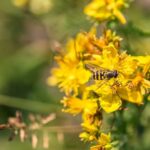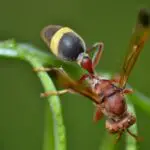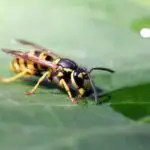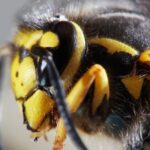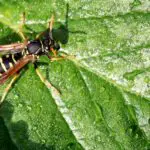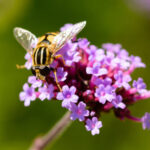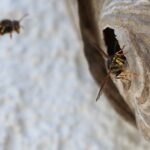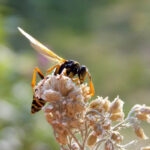Are Wasps Bad For Bees?
Despite the fact that they are considered to be bad for bees, wasps are apex predators and play an important role in our ecosystem. Their presence helps maintain a healthy ecosystem by controlling pest populations, preventing crop damage and killing crop pests. However, they are also a source of pain and stinging for humans.
Social wasps are commonly seen attaching papery nests made from chewed fibers to tree limbs and house eaves. These colonies may contain hundreds of individuals, including fertile females. The colonies are small in the beginning of the season and expand rapidly through the summer. The colonies then disperse in the fall to seek protection from the cold weather.
The Asian giant hornet, also known as the “murder hornet”, is a huge, aggressive insect that attacks honey bee colonies. It can reach two inches long and is painful to humans. It also stings, causing redness and swelling.
There are around 150,000 species of wasps. Most live in colonies with a queen and non-reproducing workers. Some nest in hollow trees, while others make nests in bushes or in wall cavities. Some wasps make mud nests.
There are also parasitic wasps. These wereps feed on hosts and lay eggs inside their bodies. Some of these eggs hatch in a few days, but some take weeks or months to mature. They then consume the host from the inside out. In some regions, the larvae are considered a delicacy. They excrete sugary honeydew.

